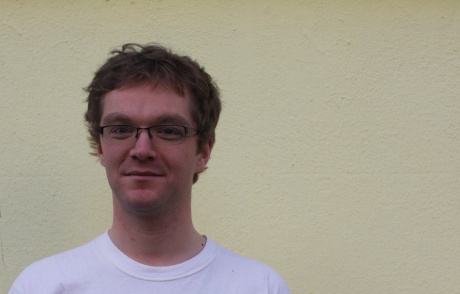Not a single community remains in Ceredigion and Carmarthenshire where over seventy percent of the population speak Welsh, according to the Census figures released today.
Among the communities which have fallen to less than 70% of the population speaking Welsh are Pontyberem and Pen-y-groes in Carmarthenshire - in 2001, there were 5 such communities in Carmarthenshire. In the Welsh Government’s language strategy, there was a target by 2011 for “the decline in the number of communities where Welsh is spoken by over 70% of the population [to be] arrested”.
Cymdeithas yr Iaith Gymraeg has already met with the three opposition parties in the Assembly to discuss their ‘maniffesto byw’ and the Census , and a delegation will be meeting Carwyn Jones on Wednesday 6th February.
Reacting to the statistics, Robin Farrar, Chair of Cymdeithas yr Iaith Gymraeg commented:
“These results are obviously a matter of great concern, especially the situation in Carmarthenshire and Ceredigion where no communities with over 70% Welsh speakers remain. Communities of that type are absolutely essential for the language - the international evidence is completely clear. The language and its communities face a crisis, and the government needs new policies to ensure that the language and its communities thrive.
“The Welsh Government needs to recognise that they have failed in their aim of halting the decline in the number of communities where 70% speak Welsh. The state of Welsh language communities is the elephant in Carwyn Jones’ room - what is he doing about it? Over a thousand people have attended our rallies over recent weeks - is he answerable to those people? The policies damaging Welsh language communities need addressing, such as enormous and unnecessary housing developments, centralising services rather than investing in our communities and the lack of procurement policies which ensure local people have work.
He added: “In our ‘maniffesto byw’, we outline several completely practical steps the Government could and should take to change that and strengthen the language’s state. We’re looking forward to meeting the First Minister next week to discuss these ideas. It’s essential he recognises the crisis facing the language. It’s the wish of increasing number of people in Wales to live in a country where we can live our lives in Welsh; securing strong Welsh language communities is the only way to realise that vision. What’s needed now is the political will to match the ambition of people around the country.”
Speaking about the patterns across Wales, Toni Schiavone Cymdeithas yr Iaith Gymraeg's sustainable communities spokesperson commented:
"There are glimmers of hope in a some areas which is welcome. However, we mustn’t lose sight of the obvious: let’s not pretend there isn’t a fall in the number of speakers and communities with over 70% of the population speaking Welsh. That’s important; and it’s why the 2003 language strategy set its major targets around those areas. There’s a crisis. We in Cymdeithas have published a number of positive ideas in our ‘maniffesto byw’ to ensure the language thrives in every area of Wales - in education, planning, and the economy. People want to live their lives in Welsh; the government needs new policies to support the language in every part of the country."
In their ‘maniffesto byw’ (living manifesto), Cymdeithas yr Iaith Gymraeg has outlined tens of ideas to strengthen the Welsh language at a community level such as:
- transform the planning system in order to tackle the challenge of out and in-migration through the new Planning and Sustainable Development Bills;;
- an education system where every pupil leaves school completely fluent in Welsh;
- devolve jobs to communities and establish a procurement policy which prioritises local firms;
- quadruple the investment in the language and measure the linguistic footprint of all Government spending and its annual budget;
- establish a first time buyers grant and fund this by giving the right for councils to raise tax on second homes to 200%.
Cymdeithas will hold the last national rally in a series across Wales in response to the Census results in Aberystwyth on Saturday, 50 years to the day since the group’s first protest at Pont Trefechan.
According to the figures already released, there were twenty thousand fewer Welsh speakers in Wales - down from 21% in 2001 to 19% in 2011 - and there were falls in all the counties in the West and North of the country. The Welsh Government had a target of increasing the number of speakers by 5% to over a quarter of the population. According to the 2001 Census, there was a substantial fall in the number of communities where over 70% speak Welsh - from 92 in 1991, to 54 in 2001.
